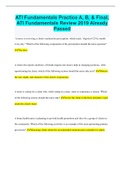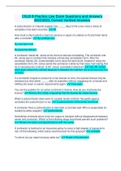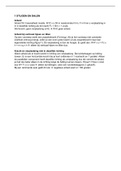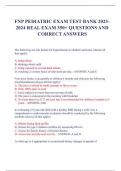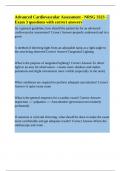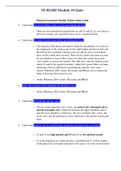Resume
Summary Language Skills Unit's 1-50 list. English Vocabulary in Use Upper-Intermediate
- Cours
- Établissement
- Book
Here is a useful list for the harder vocabulary found in English Vocabulary in Use, Upper-Intermediate. I originally made this list to help myself practice for the vocabulary exam for the class Language Skills in the 1ste semester of the first year of my study. Because this was originally meant onl...
[Montrer plus]





